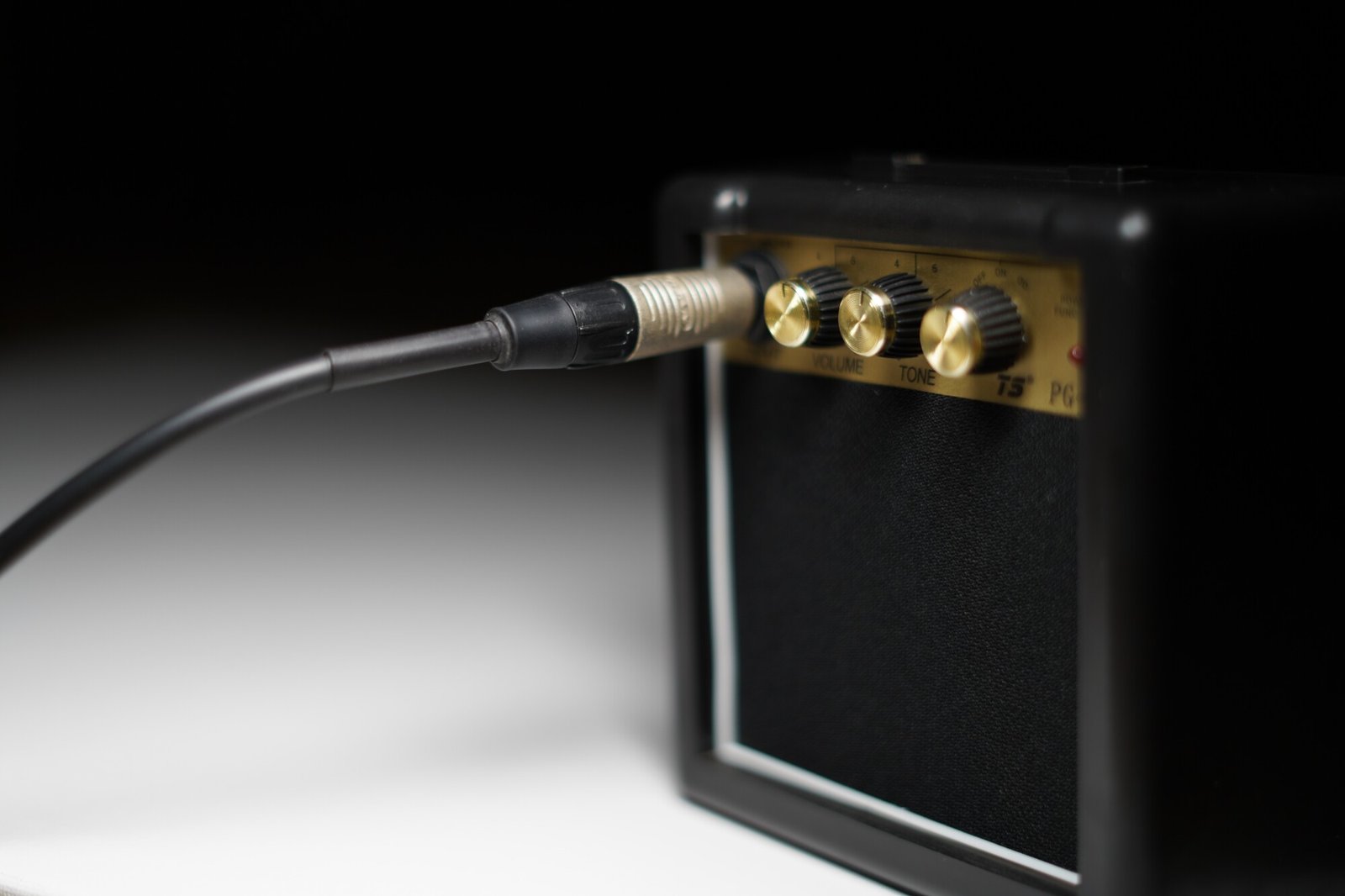
Fly Fishing vs Spin Fishing: Whats the Difference?
Seasoned anglers understand that freshwater fishing comes with unique challenges compared to saltwater fishing. If you’re an avid fisherman looking to start freshwater fishing, the world of spin fishing and fly fishing might have left you a bit confused.
When starting, it’s important to understand the differences between both methods. Eventually, you’re going to need to invest in the gear, and you’re going to need to land a fish to decide for yourself which method is better.
Leave no stone unturned. Let’s down the differences and spinning vs fly fishing for you! Let’s dive in.
Table of Contents
Fly Fishing: The Art of Precision
Fly fishing is a unique angling method that has been around for centuries. It involves using a lightweight fly rod, a specialized fly line, and an artificial fly that imitates the appearance of natural insects or baitfish. Check out this fly fishing store that has an array of fly fishing equipment, ranging from rods and reels to flies and accessories. They offer a wide selection to cater to different preferences and budgets.
Fly fishing requires skillful casting, as the angler must delicately present the fly to the fish. Fly fishing enthusiasts often find joy in the precision and finesse required to master this technique.
Spin Fishing: The Power of Gear
Spin fishing, on the other hand, is a more straightforward and accessible method for beginners. It involves using a spinning rod, a reel, and artificial lures or bait. It’s a versatile method suitable for both freshwater and saltwater fishing.
The lures used in spin fishing are typically heavier and are designed to imitate the movement of prey. Unlike fly fishing, spin fishing relies more on the equipment’s power and the angler’s ability to manipulate the lures to attract fish.
Casting Techniques: Glide vs. Whirl
In fly fishing, the casting technique is known as “fly casting.” Anglers use the weight of the fly line to propel the fly forward, creating a graceful glide on the water’s surface. It requires careful timing and control of the line to achieve a natural presentation.
On the other hand, spin fishing employs “casting and retrieving” techniques. The angler casts the lure out into the water, allowing it to sink to the desired depth, and then retrieves it by reeling in the line. The retrieval speed and movement patterns can vary, mimicking the behavior of prey and enticing fish to strike.
Targeted Fish Species: The Battle Beneath the Surface
Both fly fishing and spin fishing can be used to target a wide range of fish species, but there are certain differences in their effectiveness. Fly fishing is often associated with targeting trout and salmon in freshwater streams and rivers, where the delicate presentation of the fly is crucial to entice these selective feeders.
Spin fishing, on the other hand, is highly versatile and can be used in various freshwater and saltwater environments. It’s particularly effective for species like bass, pike, walleye, and snook. The ability to cover a larger area and use a wider variety of lures makes spin fishing a popular choice for anglers seeking diverse fishing opportunities.
Choose Your Fishing Adventure Today
Fly fishing and spin fishing are both popular and fun ways to enjoy the outdoors and catch some fish. While there are technical differences between the two, either way, you win if you catch a fish. Spend some time researching and trying both out to see which one you enjoy more. The only way to find out the difference is to go out and give it a try!
For more articles, check out the rest of our blog today!













